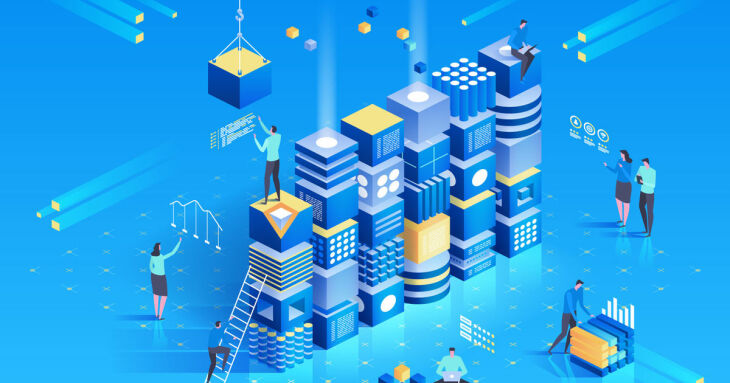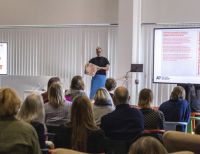Researchers at Aalto University have studied how the market for data could be made to function technically, especially in the world of the Internet of Things (IoT).
An IoT device is usually attached to a manufacturer-specific silo. This means that the manufacturer's platform has a clear operator, or owner, who is familiar with the data systems used in the implementation of the platform and has sole ownership of the data collected in the systems on, for example, how the users move.
The business whole of different devices and networks is called a platform on the Internet of Things, and the organised traffic between these platforms and networks can be called federation or consortium. A federation can also include enterprises that are in competition with each other, much in the same way as airline alliances can.
“We are studying the resilience of collaboration among various platforms, as well as why it would be useful for the manufacturers and their platforms to be part of a common consortium and to allow data communication between them”, says Aalto University doctoral student Tommi Elo.
The study focused on the role of blockchains and on how they can be used to support long-term collaboration. Of these, key parameters – variables affecting how platforms collaborate and how they relate to each other – were identified and simulated.
“Certain characteristics of blockchains, such as reliability and the transparency that results from the integrity and availability of data, improve collaboration between platforms. Value chains stabilise cooperation when there are errors or disturbances in the data. The system dynamics model compiled in the study recognises how much harm a possible error or disturbance will inflict on different parties, and what kinds of errors cooperation can withstand while still allowing the cooperation to continue. Blockchains relate to our research especially from their qualitative and systemic point of view”, Elo says.
No equivalent simulation model has been openly available before. When platforms simultaneously both cooperate and compete, the monitoring of errors and disturbances, and the relative growth of value, take on a significant role to allow the cooperation to continue.
Why do competition and cooperation that occur simultaneously play such an important role in the world of the Internet of Things?
“When products and devices are standardised, consumers want the transfer of valuable information to succeed in the same way that a user who is buying a new telephone wants to be able to move information smoothly from the Android system to the iPhone system. I also believe that open standards in this area will finally take over the market. In the world of the Internet of Things it is very important for the platforms of manufacturers to communicate with each other to ensure a user experience that is as smooth as possible. Also, at the level of society, the maximum use of produced valuable information is an important enabler of development”, he adds.
The researchers believe that blockchain systems can offer a solution to the challenges of the data market. An open blockchain is a networked data store and computer, comprising of thousands or tens of thousands of operators, so-called miners which uphold the consensus on data. Data, such as payment events, can be preserved in the blocks of the chain, and are freely available to read, and its integrity and veracity can be checked by anyone.
















